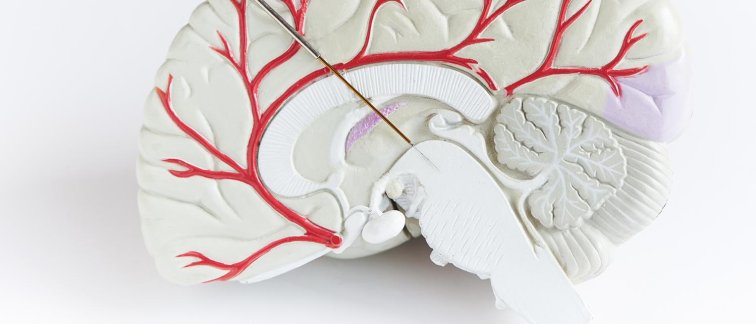Deep brain stimulation (DBS) is an innovative last-resort treatment for patients suffering from treatment-refractory depression. A team of Amsterdam UMC researchers specialized in DBS, further investigate the role of white matter tracts in the brain of such DBS patients. Allegedly, DBS normalizes pathological network connectivity through the white matter tracts of which those pathological networks consists.
Combining information
White matter tracts were visualized with a technique called diffusion magnetic resonance tractography. Of special interest were two specific tracts that course through the ventral anterior limb of the internal capsule (vALIC). These tract reconstructions were combined with information of the exact location of the DBS leads, and subsequently associated with treatment response.
Precision psychiatry
Their results suggest that DBS of the vALIC could benefit from targeting white matter bundles. Therefore, the researchers recommend to acquire diffusion magnetic resonance data for each individual patient, advocating precision psychiatry.
Read the publication in NeuroImage Clinical: Distance to white matter trajectories is associated with treatment response to internal capsule deep brain stimulation in treatment-refractory depression

